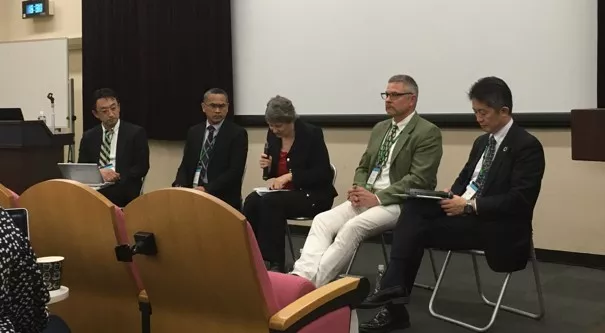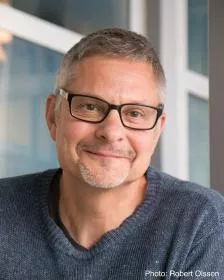LUCSUS researcher, Barry Ness participated in the Tokyo Forum held at the University of Tokyo place December 6-8, 2019.
The forum was a joint initiative between the University of Tokyo and the Chey Institute for Advanced Studies in South Korea. The event was a new, high-level global collaboration aiming to promote discussion and the exchange of ideas in the challenges that human society are facing in the areas of politics, economics, culture, and the environment.
This year’s theme was Shaping the Future, and involved several high-level participants including former Prime Ministers from New Zealand, Italy and South Korea, Jack Ma (Ma Jun), the co-founder of the Alibaba Group as well as researchers from the top universities around the globe. The specific parallel sessions at the forum included the topics of security in the age of globalization, the digital revolution, urban futures, inequality in the global era, and life-long wellbeing.
On Saturday, Barry co-chaired the first parallel session entitled Trans-local Approaches to Sustainability: an Innovative Collaboration Scheme in the Era of SDGs, facilitating the sub-session theme on regional and cultural perspectives. The day-long session was organized by researchers from the Graduate School of Frontier Sciences at the University of Tokyo. The session more specifically explored the compatibility, relationship and challenges of local values and interests and the ambitions of the global sustainability agenda. The afternoon-long sub-session included presentations, comments, and a panel discussion from a mix of scholars and political leaders from—in addition to Sweden—Thailand, Brazil, Australia, South Africa, South Korea, New Zealand, and Japan. Barry’s contribution to the session is because of his work and experience in working with transdisciplinary processes to promote sustainable change.
An additional expected output from the session will be a special issue featuring written pieces of the presentations to be published in the journal Challenges in Sustainability, of which Barry Ness is the editor.
Read more about the Tokyo Forum on their website
Read more about the Parallel Session on Trans-local Approaches


